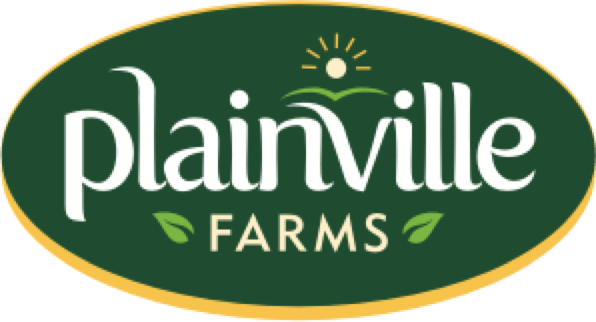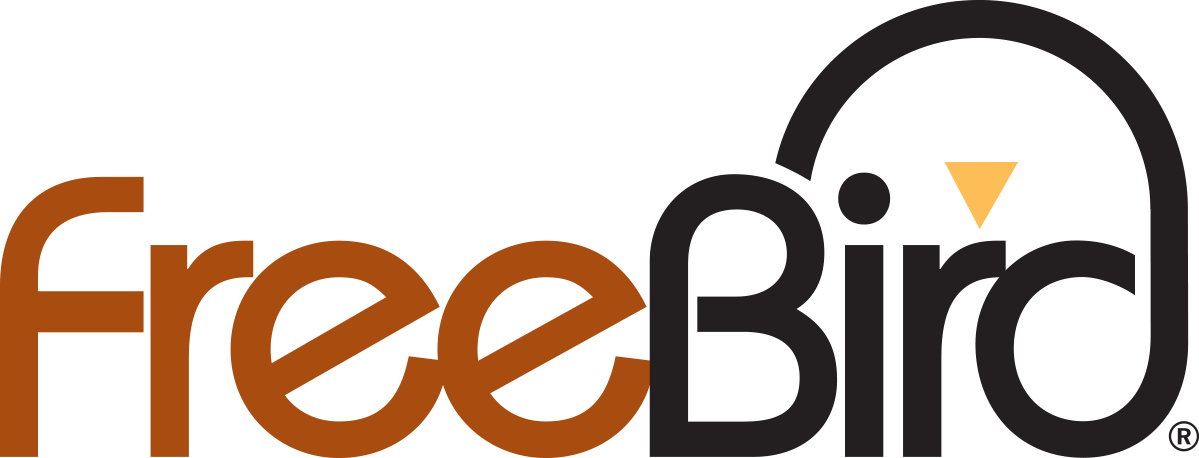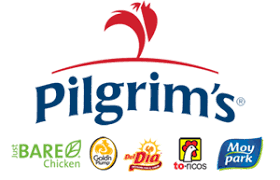[Read Cornucopia’s formal request for scrutiny of the sale of HPP]
Poultry Industry Giant Pilgrim’s Pride Makes Preliminary Bid to Acquire Hain Celestial Poultry Processing Interests
 |
 |
The New York Post reported recently that the prominent organic industry conglomerate, The Hain Celestial Group, Inc., said it plans to divest its interests in Hain Pure Protein (HPP). The operating division sells organic and “natural” chicken and turkey products under its Plainville Farms and Freebird brands. The Cornucopia Institute, an organic industry watchdog, sent a formal request to antitrust regulators asking them to scrutinize the sale of HPP, claiming that, depending on who acquires it, the effect would be to harm competition in the already highly concentrated organic poultry sector.
According to the Post story, Pilgrim’s Pride Corporation put in a bid for HPP in June 2018. Pilgrim’s Pride is currently the nation’s largest organic poultry producer. They entered USDA certified organic chicken production in 2016 with the purchase of the parent company of the “Just Bare” chicken brand, GNP Co. Organic chicken comprises 4% of Pilgrim’s chicken production, but with that they control a huge portion of the rapidly growing organic poultry market.

“It is essential that this sale is closely scrutinized,” said Kestrel Burcham, a farm policy analyst who specializes in looking at livestock issues for the Wisconsin-based Cornucopia Institute. “As Pilgrim’s Pride is the current industry leader, its potential purchase of Hain Pure Protein raises serious antitrust and anticompetitive concerns.”
Cornucopia said they are concerned that Pilgrim’s Pride, Tyson, and other large industrial—primarily conventional—livestock producers will easily be able to beat out any competition by controlling prices and squeezing more moderate-sized processors and marketers. “Adding HPP to one of the already-dominant organic poultry players will only compound existing problems in the sector,” continued Burcham. “This is not good for consumers and undermines many of the foundational organic precepts that promote animal welfare, environmental protection, and economic justice for small-scale farmers.”
The Cornucopia Institute recently criticized Tyson Food’s acquisition of another organic poultry processing and marketing entity, Nebraska’s Tecumseh Poultry (marketing under the tradename Smart Chicken).
The market for organic poultry grew in sales volume by 8.6% from 2016 to 2017 (more than four times the rate of conventional poultry growth). According to USDA’s Economic Research Service (ERS), the number of certified organic broilers produced in 2016 totaled more than 19 million and the number of certified organic turkeys produced was 410,000. The biggest players in the organic poultry industry, Pilgrim’s Pride, Perdue, and Tyson, are heavily invested. Together they already dominate the growing organic sector.
The impressive growth of organic poultry in recent years makes this move attractive to Pilgrim’s Pride. While Hain is purportedly taking bids on HPP until the middle of July, the potential for the sale of HPP to Pilgrim’s Pride or another industrial food giant concerns Cornucopia and other organic industry observers.
“The trend to consolidate allows big food and agricultural conglomerates to push out more modest-scale companies, or farmstead producers, who have difficulty competing against an industrial player’s economy of scale,” said Burcham. “Smaller organic farmers struggle to stay afloat, even though their products are often of higher quality. If we want local, humane, and sustainable chicken and turkey products, it is vital that competition remains open,” Burcham added.
The growth of organic poultry signals the increased demand for organic meat and dairy products over conventionally produced alternatives. In an increasing percentage of households purchasing organic food, chicken is a staple.
The Cornucopia Institute makes this argument in a letter calling on the Department of Justice and the Federal Trade Commission to treat the sale of HPP with suspicion, as further consolidation would be problematic for the future of free competition in the organic poultry market.
The market for organic poultry already has less competition than other agricultural sectors and is more susceptible to monopolization. Limited availability of organic grain and issues with fraudulent grain imports further the squeeze on the organic poultry industry. “Large corporations have the ability to import cheap feed and lock out more moderately scaled competitors sourcing from increasingly limited domestic supplies,” said Mark A. Kastel, Cornucopia’s codirector.
The Cornucopia Institute will be watching the sale of Hain’s HPP unit closely as bids move forward.
MORE:
In 2017 Cornucopia made a similar claim that France’s Groupe Danone’s acquisition of WhiteWave Foods would create an unhealthy market in the organic dairy industry. That deal would have combined the Horizon label (the country’s largest organic milk brand) with Stonyfield yogurt (the country’s largest organic yogurt brand). Regulators at the U.S. Department of Justice concurred, only allowing the deal to go through after Danone sold their Stonyfield brand.

